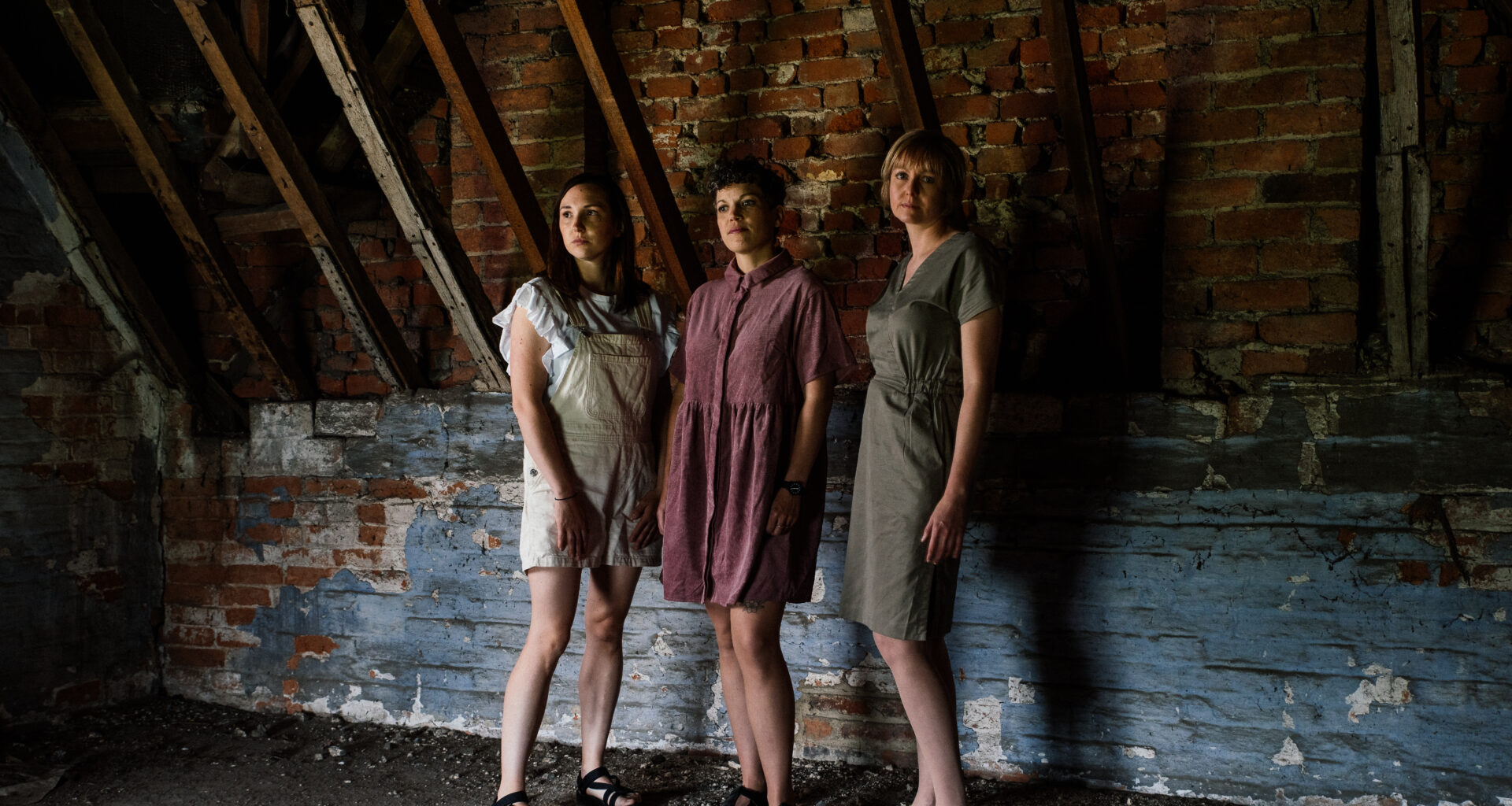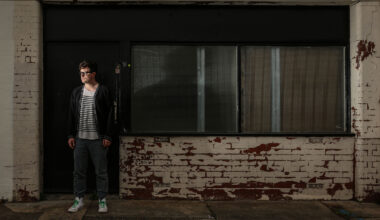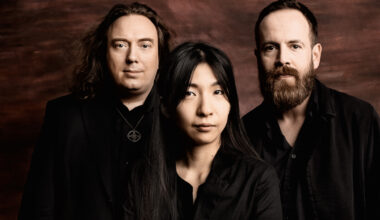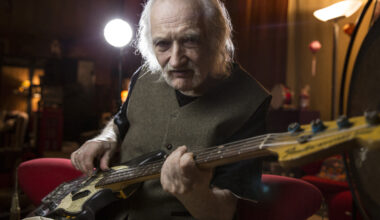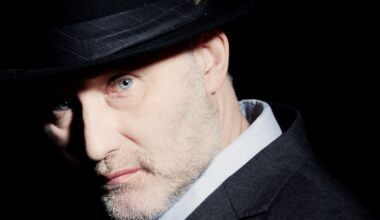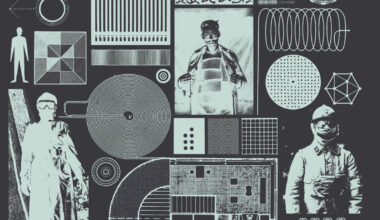The latest Haiku Salut album is based around found sounds the group have gathered from across the globe over the last five years – often in very strange and spooky places. Is your spine ready for some tingling?
Want to read more?
Sign up to Electronic Sound Premium to gain access to every post, video, special offers, and more. 100%, all you can eat, no commitment, cancel any time.
Already a premium member? Log in here
